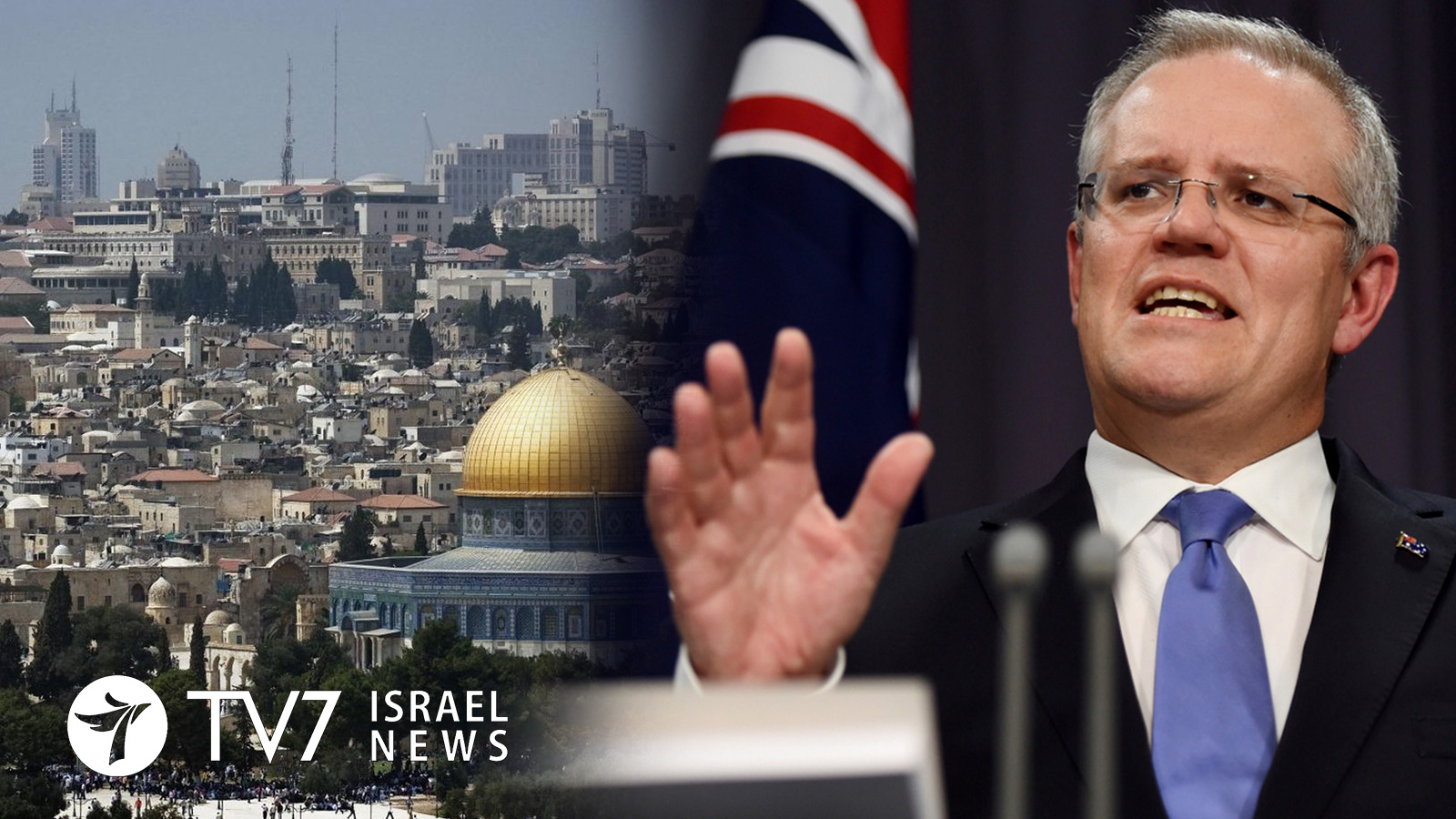Australian Prime Minister Scott Morrison announced that his country would review its support for the nuclear agreement with Iran, as Canberra views with concern Tehran’s malign activities throughout the Middle East. “We share serious concerns about potentially destabilizing behavior in the middle east when it comes to the activities of Iran and the government has taken the decision to review and I should stress without prejudice — review without prejudice. The Iran nuclear agreement — the JCPOA (Joint Comprehensive Plan of Action) — to determine whether our current policy settings remain fit for purpose,” said Morrison. The Australian leader also took the opportunity to discuss his country’s Foreign Policy vis-à-vis the Israeli-Palestinian conflict. During a press conference on Canberra’s Foreign Policy, Scott Morrison, a staunch conservative and a devout evangelical Christian who assumed the post of Australia’s Prime Minister in August, announced his government’s plan to consider the option of relocating Australia’s embassy in Israel from Tel Aviv to Jerusalem and recognizing the city as the capital of the Jewish state. In his words, “Now the first thing I want to stress, very strongly, is the government’s commitment to a two-state solution in the middle east remains, has always been and I believe always will be Australia’s policy in relation to the resolution of issues of Israel and Palestine.” / “But at the same time, what we are simply doing is being open to that suggestion (recognizing Jerusalem as Israel’s capital) as a potential way forward. And I’m not going to close my mind off to things that can actually be done better or differently to aid the great cause of Australian foreign policy.” In response to criticism of such a move, Prime Minister Morrison stressed that the time has come to challenge the orthodoxy of dealing with the Israeli-Palestinian conflict and the question of Jerusalem, saying “The orthodoxy that has driven this debate which says issues like considering the question of the capital are taboo. I think we have to challenge that. Australians are pretty upfront people and I think we have to show the courage of our convictions in saying we’re prepared to talk about other ways of achieving this goal because frankly the other ways have not been getting us there terribly successfully.” Following the announcement, Prime Minister Benjamin Netanyahu called his Australian counterpart to thank him for his remarks. While Netanyahu’s office did not elaborate on the contents of the discussion surrounding Jerusalem, they noted that the two leaders had also discussed steps to continue strengthening bilateral relations between Australia and Israel.
